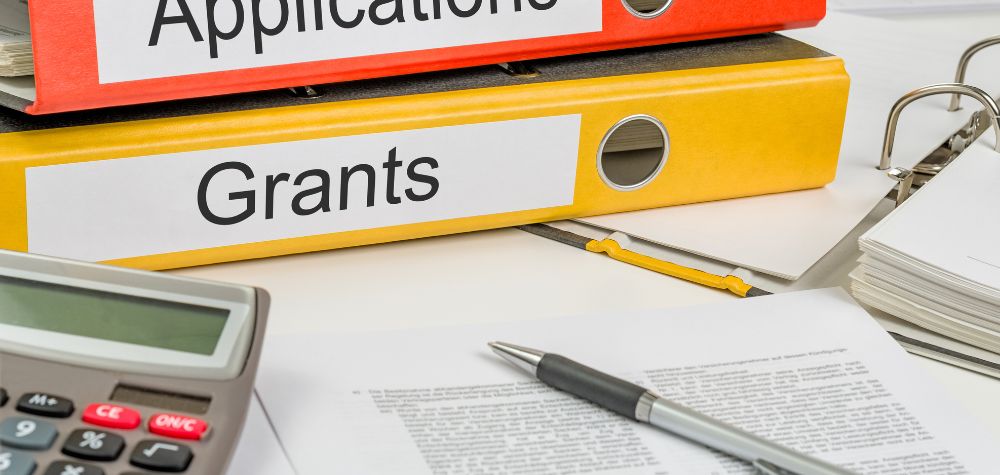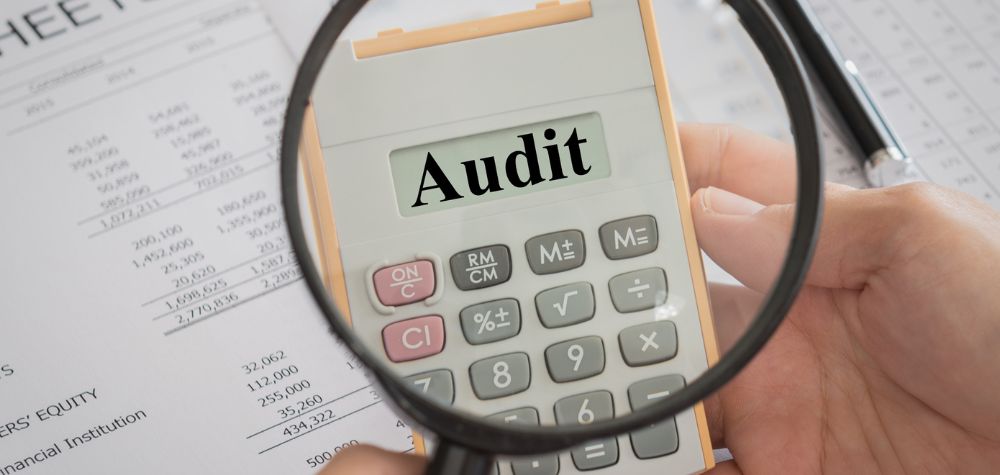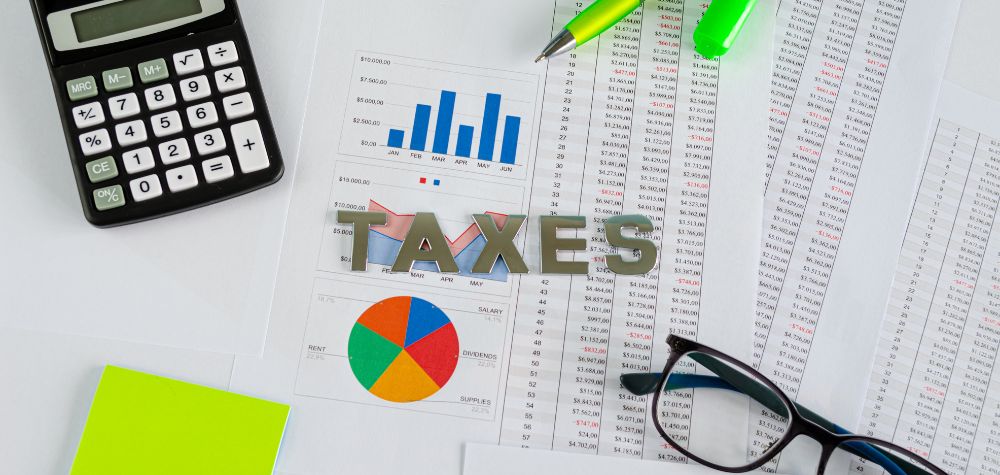
The recent spate of extreme weather events during the summer in various parts of Australia has presented unprecedented challenges for small businesses. As a result, the pressing concerns they face may not necessarily revolve around their tax obligations.
However, amidst these trying times, business owners must be aware of the tax implications associated with the grants they may have received for support. This may include knowing whether their grants are deemed assessable or non-assessable income and the implications of either for their tax returns.
Non-Assessable Or Assessable Income?
In the wake of challenging times, many businesses have been fortunate enough to receive grants aimed at helping them navigate through financial difficulties. As businesses gear up to file their tax returns, a fundamental question arises – is the received grant considered assessable or non-assessable income?
In general, grants are treated as assessable income, adding to the taxable revenue of the business. However, a subset of business support grants is formally declared as non-assessable, non-exempt (NANE) income. This distinction is crucial as it determines whether the grant needs to be included in the tax return or can be excluded under specific eligibility criteria.
Understanding Non-Assessable Non-Exempt (NANE) Income
Non-assessable non-exempt income refers to specific grants that are not subject to taxation under certain conditions despite being a financial injection into the business. It is imperative for business owners to identify whether the grants they have received fall under the NANE category.
To ascertain the eligibility of a grant for exclusion, businesses can refer to the list of non-assessable, non-exempt government grants. Natural disaster grants, for instance, are often classified as NANE income, provided the business meets the specified eligibility criteria.
Correcting Mistakes in Tax Returns
If a business owner mistakenly includes a grant categorized as NANE in their tax return, all is not lost. The Australian Taxation Office (ATO) allows amendments to correct such errors. This emphasises the importance of regular checks and reviews of tax returns to ensure accuracy and compliance.
It is recommended to promptly rectify any errors in tax returns, as failing to do so may lead to complications and potential penalties down the line. Being proactive in addressing inaccuracies demonstrates diligence and a commitment to compliance.
Deductions for Non-Assessable Non-Exempt (NANE) Grants
While NANE grants are exempt from taxation, it is crucial to understand the scope of deductible expenses associated with these grants. Businesses can only claim deductions for expenses directly linked to earning assessable income. Common deductible expenses may include wages, rent, and utilities that contribute directly to the revenue-generating activities of the business.
However, it’s essential to note that expenses incurred in obtaining the grant, such as accountant fees or administrative costs directly associated with the application process, cannot be claimed as deductions. Business owners should carefully differentiate between expenses contributing to income generation and those tied to the grant acquisition process.
Navigating Challenging Times
In times of uncertainty, particularly in the aftermath of natural disasters, businesses need support and guidance. It is reassuring for business owners to know that assistance is available.
Beyond understanding the tax implications of grants, seeking professional help can be invaluable.
Business owners are encouraged to engage with registered tax professionals (like us) who can provide personalised advice tailored to the unique circumstances of their businesses. These professionals can offer insights into the specific grants available for their industry and help navigate the complex landscape of tax regulations.
By differentiating between assessable and non-assessable income, rectifying errors in tax returns, and navigating deductible expenses, businesses can ensure compliance with tax regulations and optimize their financial positions during these challenging times.
Seeking professional advice further enhances the ability to make informed decisions and secure support for sustainable business operations. Why not start a conversation with us today?











